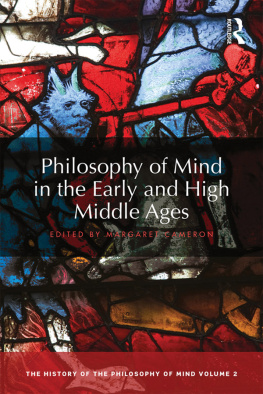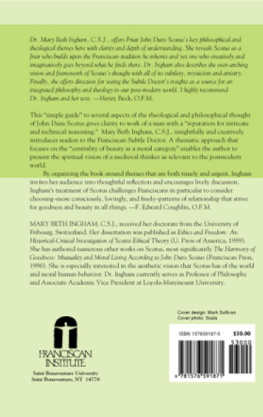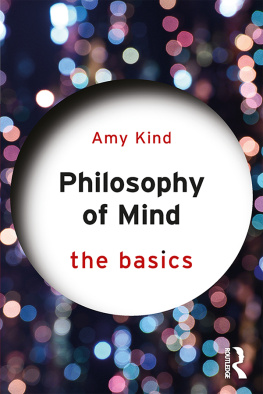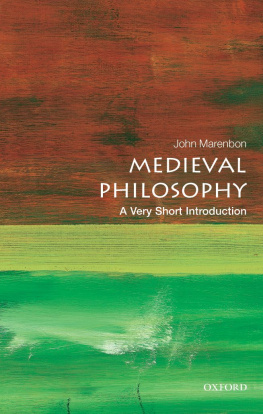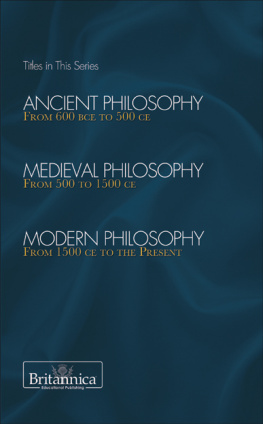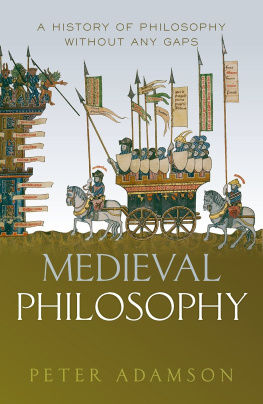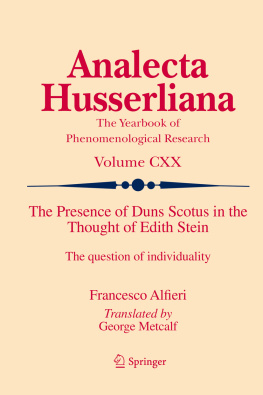First published 2019
by Routledge
2 Park Square, Milton Park, Abingdon, Oxon OX14 4RN
and by Routledge
711 Third Avenue, New York, NY 10017
Routledge is an imprint of the Taylor & Francis Group, an informa business
2019 selection and editorial matter, Margaret Cameron; individual chapters, the contributors
The right of Margaret Cameron to be identified as the author of the editorial material, and of the authors for their individual chapters, has been asserted in accordance with sections 77 and 78 of the Copyright, Designs and Patents Act 1988.
All rights reserved. No part of this book may be reprinted or reproduced or utilised in any form or by any electronic, mechanical, or other means, now known or hereafter invented, including photocopying and recording, or in any information storage or retrieval system, without permission in writing from the publishers.
Trademark notice: Product or corporate names may be trademarks or registered trademarks, and are used only for identification and explanation without intent to infringe.
British Library Cataloguing-in-Publication Data
A catalogue record for this book is available from the British Library
Library of Congress Cataloging-in-Publication Data
Names: Cameron, Margaret (Margaret Anne), editor.
Title: Philosophy of mind in the early and high middle ages /
edited by Margaret Cameron.
Description: New York : Routledge, 2018. | Series: The history of the
philosophy of mind ; Volume 2 | Includes bibliographical references and index.
Identifiers: LCCN 2017060251 | ISBN 9781138243934 (hardback : alk. paper) |
ISBN 9780429508196 (e-book)
Subjects: LCSH: Philosophy of mindHistoryTo 1500.
Classification: LCC BD418.3 .P4842 2018 | DDC 128/.20902dc23
LC record available at https://lccn.loc.gov/2017060251
ISBN: 978-1-138-24393-4 (Vol II, hbk)
ISBN: 978-0-429-50819-6 (Vol II, ebk)
ISBN: 978-1-138-24392-7 (Vol I, hbk)
ISBN: 978-0-429-50821-9 (Vol I, ebk)
ISBN: 978-1-138-24394-1 (Vol III, hbk)
ISBN: 978-0-429-50817-2 (Vol III, ebk)
ISBN: 978-1-138-24395-8 (Vol IV, hbk)
ISBN: 978-0-429-50815-8 (Vol IV, ebk)
ISBN: 978-1-138-24396-5 (Vol V, hbk)
ISBN: 978-0-429-50813-4 (Vol V, ebk)
ISBN: 978-1-138-24397-2 (Vol VI, hbk)
ISBN: 978-0-429-50812-7 (Vol VI, ebk)
ISBN: 978-1-138-92535-9 (6-volume set, hbk)
Typeset in Times New Roman
by Apex CoVantage, LLC

Rebecca Copenhaver and Christopher Shields
How far back does the history of philosophy of mind extend? In one sense, the entire history of the discipline extends no further than living memory. Construed as a recognized sub-discipline of philosophy, philosophy of mind seems to have entered the academy in a regular way only in the latter half of the twentieth century. At any rate, as an institutional matter, courses listed under the name Philosophy of Mind or The Mind-Body Problem were rare before then and seem not to have become fixtures of the curriculum in Anglo-American universities until the 1960s. More broadly, construed as the systematic self-conscious reflection on the question of how mental states and processes should be conceived in relation to physical states and processes, one might put the date to the late nineteenth or early twentieth century.
One might infer on this basis that a six-volume work on The History of Philosophy of Mind extending back to antiquity is bound to be anachronistic: we cannot, after all, assume that our questions were the questions of, say, Democritus, working in Thrace in the fifth century BC, or of Avicenna (Ibn-Sn), active in Persia in the twelfth century, or of John Blund, the Oxford- and Paris-trained Chancellor of the see of York from 12341248, or, for that matter, of the great German philosopher and mathematician Leibniz (16461716). One might on the contrary think it prima facie unlikely that thinkers as diverse as these in their disparate times and places would share very many preoccupations either with each other or with us.
Any such immediate inference would be unduly hasty and also potentially misleading. It would be misleading not least because it relies on an unrealistically unified conception of what we find engaging in this area: philosophy of mind comprises today a wide range of interests, orientations, and methodologies, some almost purely a priori and others almost exclusively empirical. It is potentially misleading in another way as well, heading in the opposite direction. If we presume that the only thinkers who have something useful to say to us are those engaging the questions of mind we find salient, using idioms we find congenial, then we will likely overlook some surprising continuities as well as instructive discontinuities across these figures and periods.
Some issues pertinent to mental activity may prove perennial. Of equal importance, however, are the differences and discontinuities we find when we investigate questions of mind assayed in earlier periods of thought. In some cases, it is true, we find it difficult to determine without careful investigation whether difference in idiom suffices for difference in interest or orientation. For instance, it was once commonplace to frame questions about mental activity as questions about the soul, where today questions posed about the nature of the soul and its relation to the body are apt to sound to many to be outmoded or at best quaintly archaic. Yet when we read what, for instance, medieval philosophers investigated under that rubric, we are as likely as not to find them reflecting on such core contemporary concerns as the nature of perception, the character of consciousness, the relation of mental faculties to the body, and the problem of intentionality and to be doing so in a manner immediately continuous with some of our own preoccupations.
That said, even where upon examination we find little or no continuity between present-day and earlier concerns, this very difference can be illuminating. Why, for instance, is the will discussed so little in antiquity? Hannah Arendt suggests an answer: the will was not discussed in antiquity because it was not discovered before St. Augustine managed to do so in the third century. Is she right? Or is the will in fact discussed obliquely in antiquity, enmeshed in a vocabulary at least initially alien to our own? On the supposition that Arendt is right, and the will is not even a topic of inquiry before Augustine, why should this be so? Should this make us less confident that we have a faculty rightly called the will? Perhaps Augustine not so much discovered the will as invented it, to give it pride of place in his conception of human nature. A millennium later Thomas Aquinas contended that the will is but one power or faculty of the soul, as an intellectual appetite for the good ( ST I 82, resp.). Is he right? Is the will as examined by Augustine and Aquinas the same will of which we ask, when we do, whether our will is free or determined?
A study of the history of philosophy of mind turns up, in sum, some surprising continuities, some instructive partial overlaps, and some illuminating discontinuities across the ages. When we reflect on the history of the discipline, we bring into sharper relief some of the questions we find most pressing, and we inevitably come to ask new and different questions, even as we retire questions which we earlier took to be of moment. Let us reflect first then on some surprising continuities. Three illustrations will suffice, but they could easily be multiplied.
First, consider some questions about minds and machines: whether machines can be conscious or otherwise minded, whether human intelligence is felicitously explicated in terms of computer software, hardware, or functional processes more generally. Surely such questions belong to our era uniquely? Yet we find upon reading some early modern philosophy that this is not so. In Leibniz, for instance, we find this striking passage, known as Leibnizs mill:

